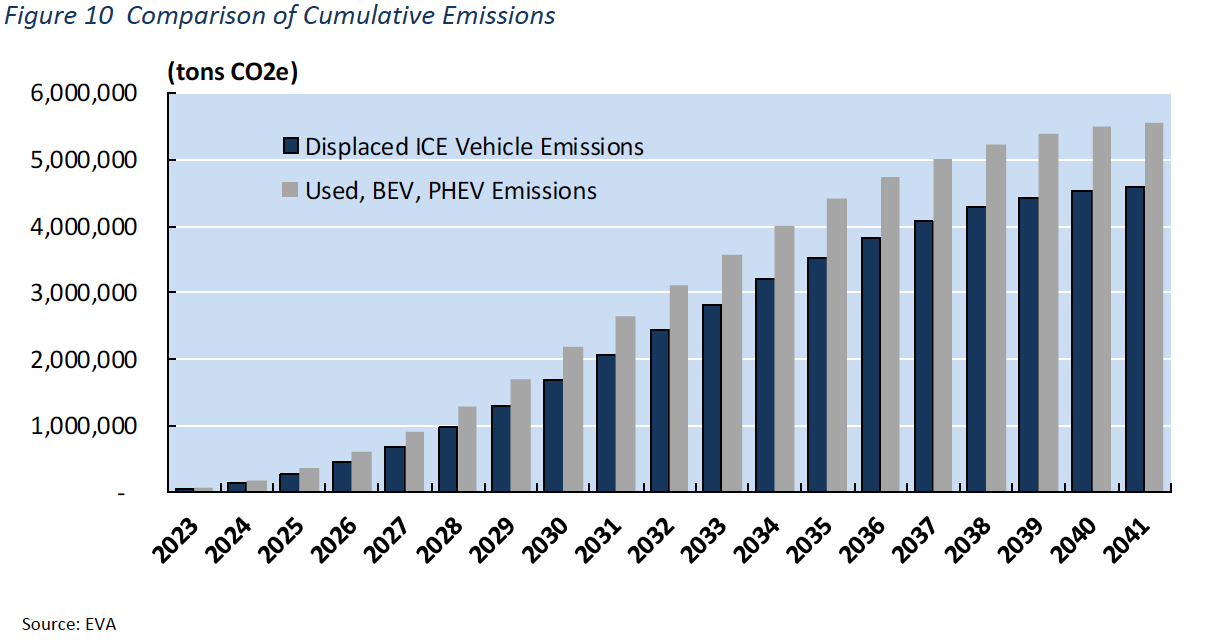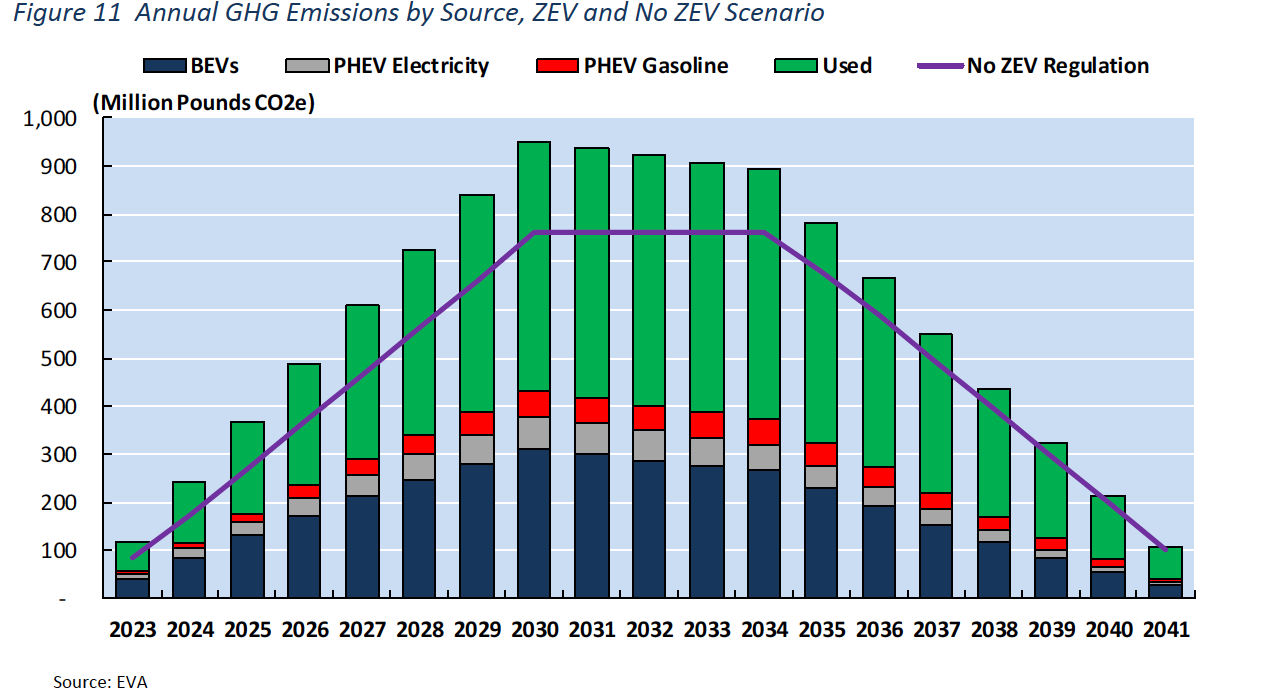On January 6, the Environmental Protection Agency decided to further reduce the emissions of commercial vehicles through a proposed rulemaking for the Cleaner Truck Initiative, which once complete, will establish more stringent regulations on heavy truck and equipment’s nitrogen oxide (NOx) emissions. Two days later, Senator Fenberg (D-Boulder) and Representative Jaquez Lewis (D-Boulder) introduced SB20-038 “Statewide Biodiesel Blend Requirement Diesel Fuel Sales,” which could inadvertently increase Colorado’s NOx emissions.
SB38 mandates biodiesel blends of up to 10 percent. Beginning in 2021, fuel stations will have to sell B5 biodiesel (5 percent biodiesel blend) during the summer months of June through September. The following year, the blend will increase to B10 (10 percent biodiesel blend). When it was first introduced, the mandate applied to statewide diesel sales. Knowing how this would impact industry, the Colorado Wyoming Petroleum Marketers worked with Senator Fenberg to amend the bill and make it “implementable.” As a result, instead of a statewide mandate, it will only apply to Colorado’s nonattainment areas.
Nonetheless, it’s still anticipated that SB38 will impact consumers at the pump. Without the proper infrastructure built yet, and the fact that the nearest biodiesel refineries are outside of Colorado, the cost of shipping and blending the fuel will be passed along to end-users. The estimated price per gallon increase is around five cents for the B5 blend and 10 cents for the B10 blend. It is important to note that prices will most likely increase once the federal biofuel producer tax credit, which was extended in the recently signed omnibus appropriations measure, ends in 2022.
Admittedly, biodiesel blends emit less carbon monoxide, unburned hydrocarbons, particulate matter, and sulfide oxides than petrodiesel. Moreover, the science on whether it increases NOx emissions isn’t settled. Sources differ on the matter — a National Renewable Laboratory Paper found that there is no average increase in nitrogen oxide emissions, while an Environmental Protection Agency study concluded that NOxemissions do increase from 1-7 percent with biodiesel blends up to 20 percent. Keep in mind that the amount of emitted nitrogen oxide also depends on specific circumstances, ranging from the age of the vehicle, type of engine, and the type of unsaturated fuels used in producing the biodiesel.
Despite the decrease in GHG emissions, though, the fact that biodiesel may emit more NOx is cause for concern since it can severely impact people’s health. Whether exposure results from inhalation or skin contact, both short and long-term exposure can lead to serious health effects. Irritation to the respiratory system, nausea, and abdominal pain can occur due to short-term exposure, while more serious issues like asthma and respiratory infections can arise from long-term exposure.
An increase in NOx emissions can also impact Colorado’s environment (see PDF below article for more information). There is already a concern about excessive amounts of nitrogen being swept into Rocky Mountain National Park, where it mixes with moisture and falls with rain and snow. Unfortunately, the Rocky Mountain National Park’s ecosystems do not need very much nitrogen to survive, so as a result of excess nitrogen, non-native plant species thrive and overall forest health decreases. Fortunately, the amount of excess nitrogen has been decreasing, but SB38 could endanger that trend.
Additionally, because there are no biodiesel refineries in Colorado, and since biodiesel cannot be transported via pipelines, it will have to be trucked or railed into the state, emitting GHG emissions and possibly offsetting the anticipated reductions from the use of biodiesel.
Environmentalist groups like the National Wildlife Federation (NWF) have also historically opposed the adoption of biofuels on environmental grounds. For instance, a NWF blog cites a study that discovered renewable fuel development has contributed to 27.1 million metric tons of carbon dioxide being released yearly and has led to almost two million acres of grassland, shrubland, wetland, and forestland being converted to cropland between 2008 and 2016.
Worse yet, the industry proponent of SB38 is the Iowa-based company Renewable Energy Group. It should go without saying that out-of-state interests should not be dictating public policy that will hurt Colorado industries.
If not the fiscal impacts of the bill, the environmental issues with biodiesel should at least give pause for Democrat lawmakers. Nitrogen oxide pollution is a known concern for Colorado, and according to a prominent environmental organization, developing and using biodiesel is not as good for the environment as has been purported.
But if Democrats are unwilling to kill the bill, in the very least, the concerns laid out above indicate they should slow-down and consider the indirect consequences of a biodiesel mandate—both environmental and fiscal. There is no need to be hasty. After all, delaying the adoption of SB38 in order to conduct an environmental impact analysis may just prove that the environment is better off without biodiesel flooding into the state.
NOx Regulation – Helping to REduce Nitrogen Impacts at Rocky Mountain National Park

